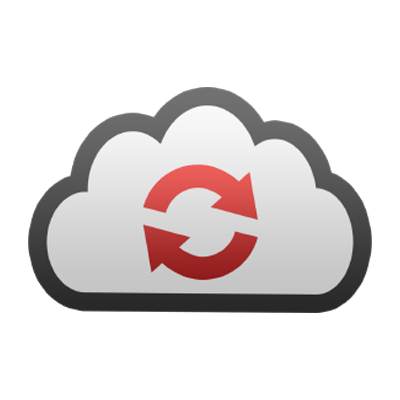If you need to convert XLS files to MDB, you may be looking to transfer data from Microsoft Excel to Microsoft Access. XLS files are typically used for storing spreadsheet data, while MDB files are databases designed for storing and managing large amounts of information. Converting your XLS files to MDB format allows you to take advantage of the powerful features and capabilities of Microsoft Access, such as creating forms, generating reports, and running complex queries. By converting your XLS files to MDB, you can easily analyze and manipulate your data in a database environment, enabling you to make better-informed decisions and streamline your workflow. Our website offers a range of converters that allow you to convert XLS files to MDB format quickly and easily. Whether you prefer an online converter or desktop software, free or premium, we have options to suit your needs. Simply choose the converter that best fits your requirements and start converting your XLS files to MDB with ease.















An XLS file is a file format used by Microsoft Excel to store data in a structured manner. XLS stands for "Excel Spreadsheet" and is widely used for creating and managing spreadsheets containing numerical data, formulas, and other related information. XLS files can be easily edited and organized, allowing users to input data in various cells, perform calculations, and create charts and graphs to present the data visually. These files are commonly used in business settings, financial institutions, educational institutions, and other sectors where data management and analysis are crucial. XLS files can be opened and edited using various software applications, including Microsoft Excel, LibreOffice Calc, and Google Sheets.
MDB files are database files that are used in Microsoft Access, a popular software application for managing and manipulating databases. The MDB file format was introduced with Microsoft Access 97 and is still in use today. It is a binary file format that stores data in a structured manner, allowing users to organize, store, retrieve, and analyze large amounts of information. MDB files contain tables, queries, forms, reports, macros, and other database objects. They are widely used in businesses and organizations for various purposes, such as managing inventories, storing customer information, tracking sales and orders, and performing data analysis. With the help of specialized software or online conversion tools, it is possible to convert MDB files into other formats to make the data more accessible and compatible with different software applications.